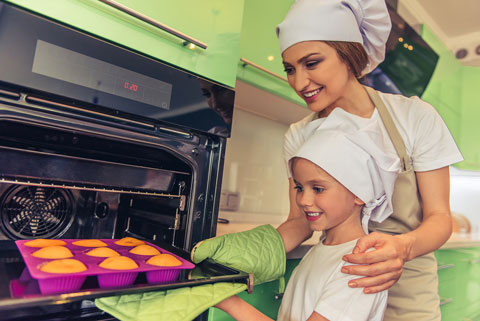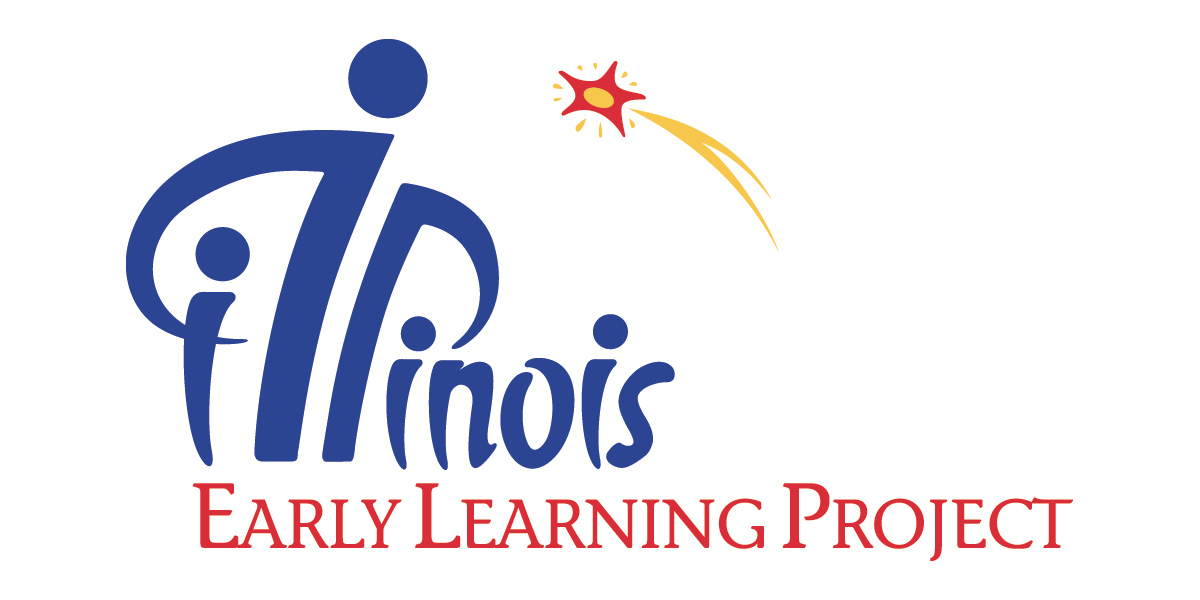When we make predictions, we form ideas about the future based on what we’ve already seen or done. Preschool children are beginning to notice patterns, sequences, and connections that help them guess what to expect from the world around them. Prediction skills are important in literacy, math, science, and social development. (See Illinois Early Learning and Development Benchmarks 1.B.ECb, 9.A.ECa 10.A.ECa ,10.B.ECb, 10.C.ECa, and 30.A.ECf.) Here are ways to encourage a child’s disposition to make predictions.

Model different ways to make predictions.
Use words such as predict, guess, expect: “Today you voted to have muffins for snack. So you’re expecting to eat muffins. But we have only one tablespoon of sugar. I predict that won’t be enough sugar for the muffin recipe.”
Help children make connections to earlier experiences.
Try asking them questions with phrases such as “remember when” or “think back”: “Can you think back to what the muffins were like the time we forgot to use sugar? Do you remember if you thought they looked good and tasted good?”
Help children imagine possibilities.
Ask “what if” questions: “What might happen if we don’t put enough sugar in the muffins today?” “What do you think they might be like if we used something instead of sugar?”
Invite children to explain their predictions.
Ask a follow-up question when a child makes a prediction: “Mike, you predict that the muffins will taste too salty without sugar. What makes you think so?” “What makes you think the cooks could use honey instead of sugar, Winona?”
Encourage children to comment on each other’s ideas.
Summarize and restate their ideas as needed: “Winona is guessing that using honey will make the batter sweet enough to taste good. Jaya, what do you think about that?”
Help children to decide what to try and to make a plan.
Help them vote or reach a consensus: “The cooks voted to experiment with using honey in the muffin batter today. Rashad says we should have a taste-test!”
Emphasize “testing” and “checking” instead of being right.
When children revisit their predictions, use words such as surprise and expected: “Was anyone surprised when they tasted the muffins?” “Joo-Yun says she expected flat, sticky muffins. But she checked them out, and they look and taste like regular muffins.”


 Printer-friendly PDF
Printer-friendly PDF Printer-friendly PDF
Printer-friendly PDF